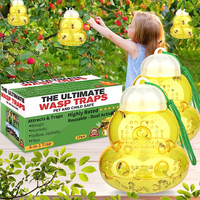Does vinegar kill wasps? Pest control experts weigh in
Vinegar has a whole host of uses around the home and garden – but can it help kill wasps?
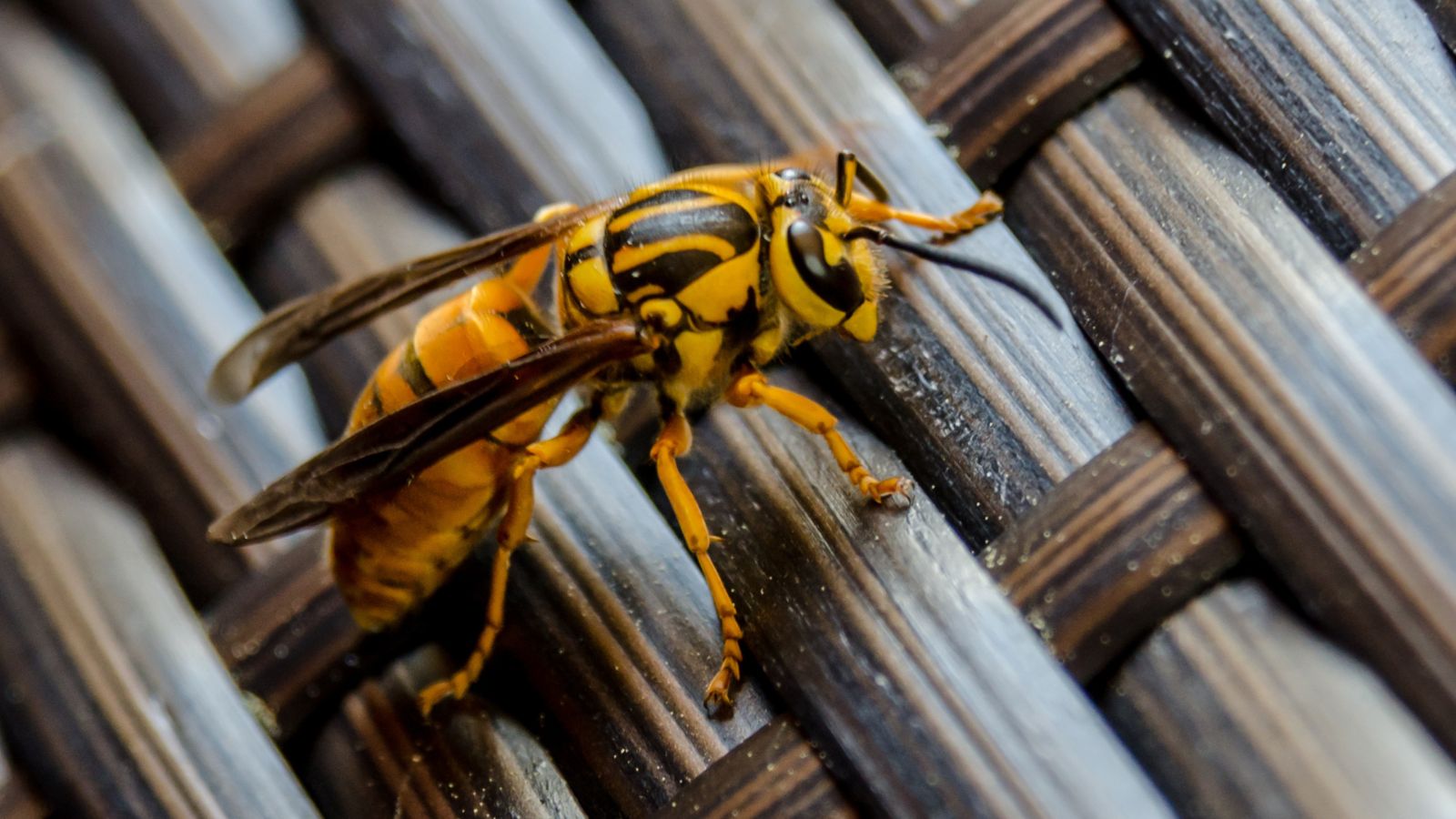

When dealing with the beginning of pest season, it can be tempting to whip out the white vinegar and start spraying down everything that flies your way – especially when it comes to stinging insects such as wasps.
When trying to get rid of wasps, any solution that is quick and easy is a blessing.
However, experts suggest that while vinegar can deter these flying blighters, other solutions may be more effective for killing them.
Does vinegar kill wasps?
The short answer is that it largely depends on how you use it, explains Hope Adcock, licensed pest control technician at Summit Environmental Solutions.
‘We get this question at least 10 times during each spring,’ she begins. ‘Due to wasps’ highly developed sense of smell, white vinegar sprays can act as a repellent in a pinch when sprayed around your doors and windows, or to keep wasps away from your porch. However, the likelihood of angering the colony and causing personal injury to yourself or others before complete efficacy is achieved is astronomical when spraying the actual hive. Not only does it not kill them, but it simply angers them.
‘With an estimated 220,000 visits to emergency rooms and 70 deaths per year, this is not a gamble most should take,’ she warns.
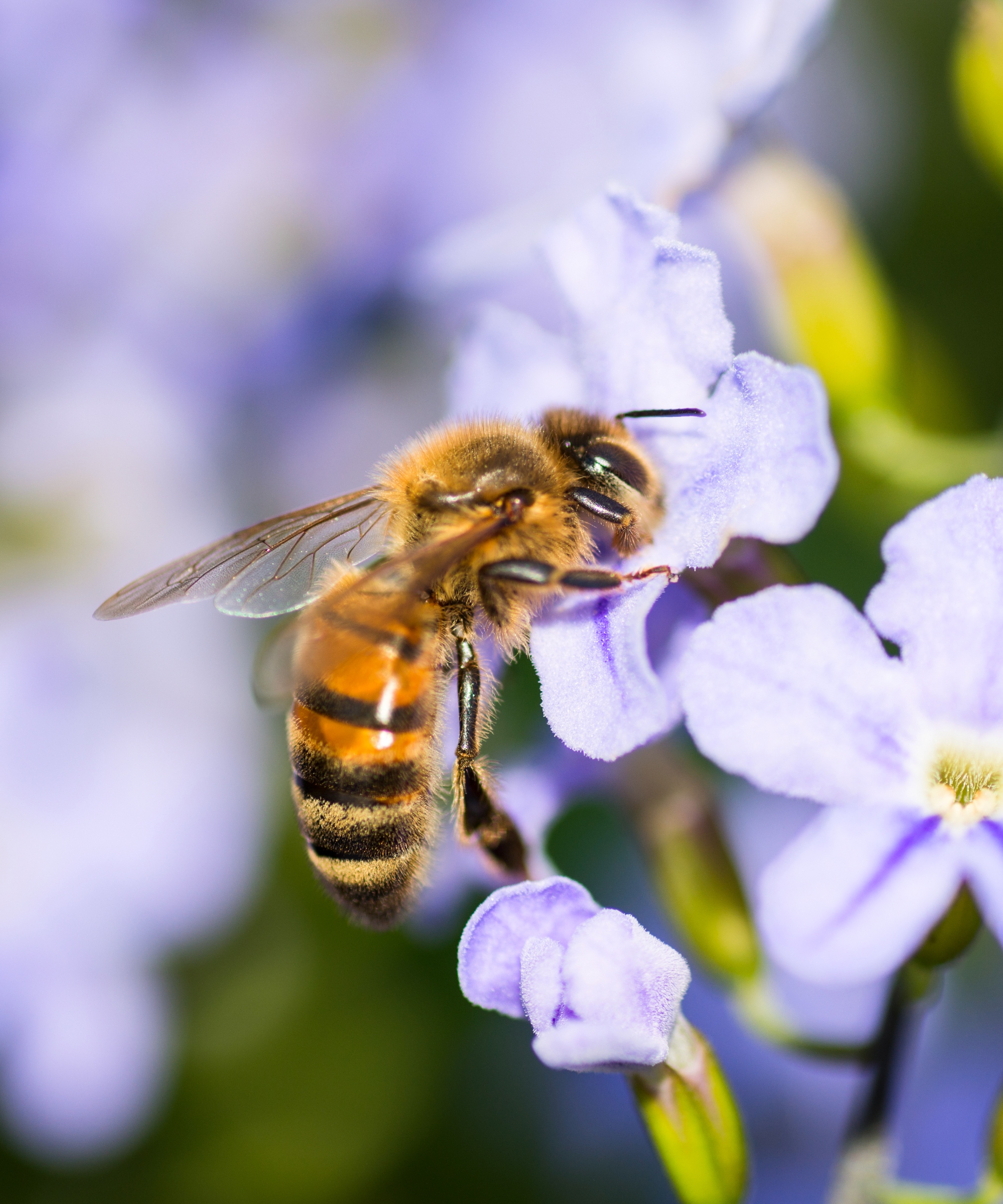
While spraying wasps directly is a bad idea, vinegar does have its uses when dealing with wasps, as bee expert Peter J. Irenicus, of The Holy Habibee explains. Peter suggests that apple cider vinegar, at Walmart, can be used to create traps, similar to traps used to get rid of fruit flies or get rid of gnats.
You can fill a shallow container with apple cider vinegar, a few drops of dish soap, and some sugar for extra sweetness, he recommends. The sickly smell draws the wasps in, while the soap pulls them under the water, drowning them. ‘This is far more effective than using sugar water alone,’ he adds.
Empty the trap regularly and refresh the solution to keep it efficient, he adds.
Hanging Wasp Trap | $15.99 at Amazon
This simple hanging wasp trap is excellent for luring the wasps in and making it difficult for them to escape, ensuring that they fall into the liquid below.
When creating a trap to kill wasps, it is best to avoid using white vinegar, John continues. ‘The strong, acetic odor of white vinegar is unappealing to the critters (which is why it can be used as a repellent’. White vinegar can enter the breathing tubes of the wasp or any of the soft organs underneath its chitin exoskeleton, causing burns and irritation to the wasp’s body, this will not draw them into your trap, but send them flying toward you instead.’

Peter is a researcher, specializing in beekeeping and pesticide use. His current project is covering the literature on agriculture and agrichemicals relevant to beekeeping, starting the series with an investigation of the effects of pesticides on honey bees. As a result, he is knowledgeable in how to prevent other pests that may affect his yard and hives.
What to use instead of vinegar to kill wasps
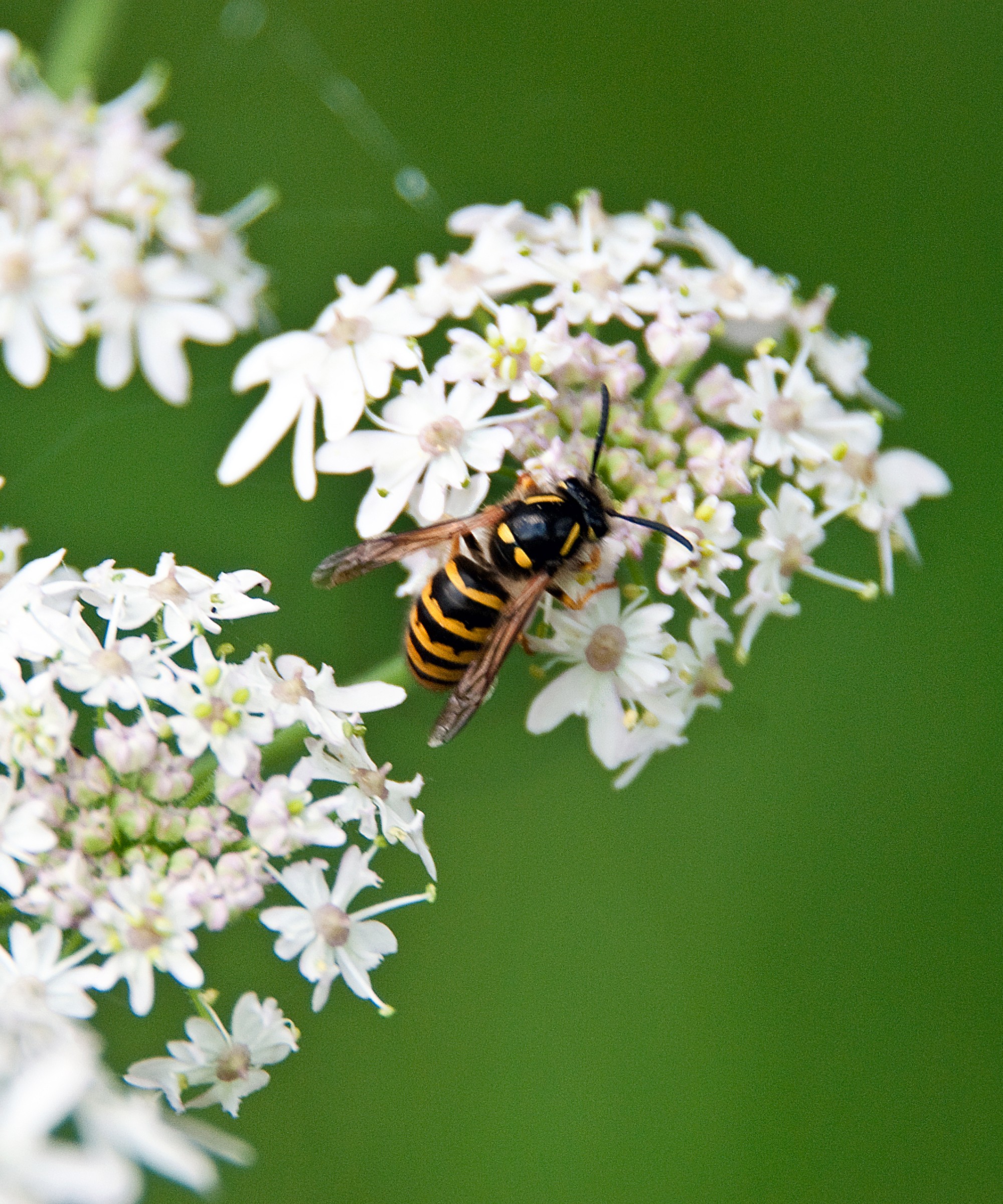
‘If the primary reason for using vinegar is to avoid a chemical footprint, there are numerous eco-friendly options on the market,’ explains Hope Adcock, pest control technician. It is important to note that, as a flying insect, the issue is never truly resolved until the nest is deactivated or removed, so you should consider calling a professional to deal with any hives that have been formed on your property, she adds.
Otherwise, you could opt for a commercially available pesticide, with natural ingredients, that has been proven to be effective against wasps, Hope continues. Nature-Cide All-Purpose Insect Spray, available at Walmart, is a good option. You can even buy variants that are bee-safe, to prevent harming these beneficial bugs.
Beyond killing wasps, it is also important to think about ways of preventing them from coming into your yard in the first place, so planting plenty of wasp-repellent plants can also be a good natural solution to these irritating insects before they decide to make a home in your rafters.
FAQs
Can I spray wasps with bleach?
Bleach will definitely kill wasps, but as with any homemade bug spray, spraying anything directly onto a wasp's nest is a surefire way to get stung. Instead, consider using a bleach spray only when there is an isolated wasp targeting you, or otherwise add a few drops to a vinegar trap to ensure any critters sucked under the liquid will perish quickly.
Can WD-40 kill wasps?
WD-40 is a great insect repellent, but you should avoid spraying it directly onto a wasp or its nest to prevent being stung. Instead, spray WD-40 around any areas you want to prevent wasps, such as your windows, doors, and outdoor sitting areas to deter them from entering your personal space through summer – regularly reapplying the spray, especially after rain.
In conclusion, apple cider vinegar is great for creating a vinegar trap to kill occasional wasps lingering in your yard, but white vinegar, usually perfect for homemade bug sprays, is best avoided when trying to target them at the source. Calling a professional to help with nests and preventing the wasps from settling down in the first place is the best course of action to take for large swathes of insects.
Sign up to the Homes & Gardens newsletter
Design expertise in your inbox – from inspiring decorating ideas and beautiful celebrity homes to practical gardening advice and shopping round-ups.

Chiana has been at Homes & Gardens for two years and is our resident 'queen' of non-toxic living. She spends most of her time producing content for the Solved section of the website, helping readers get the most out of their homes through clever decluttering, cleaning, and tidying tips. She was named one of Fixr's top home improvement journalists in 2024.
-
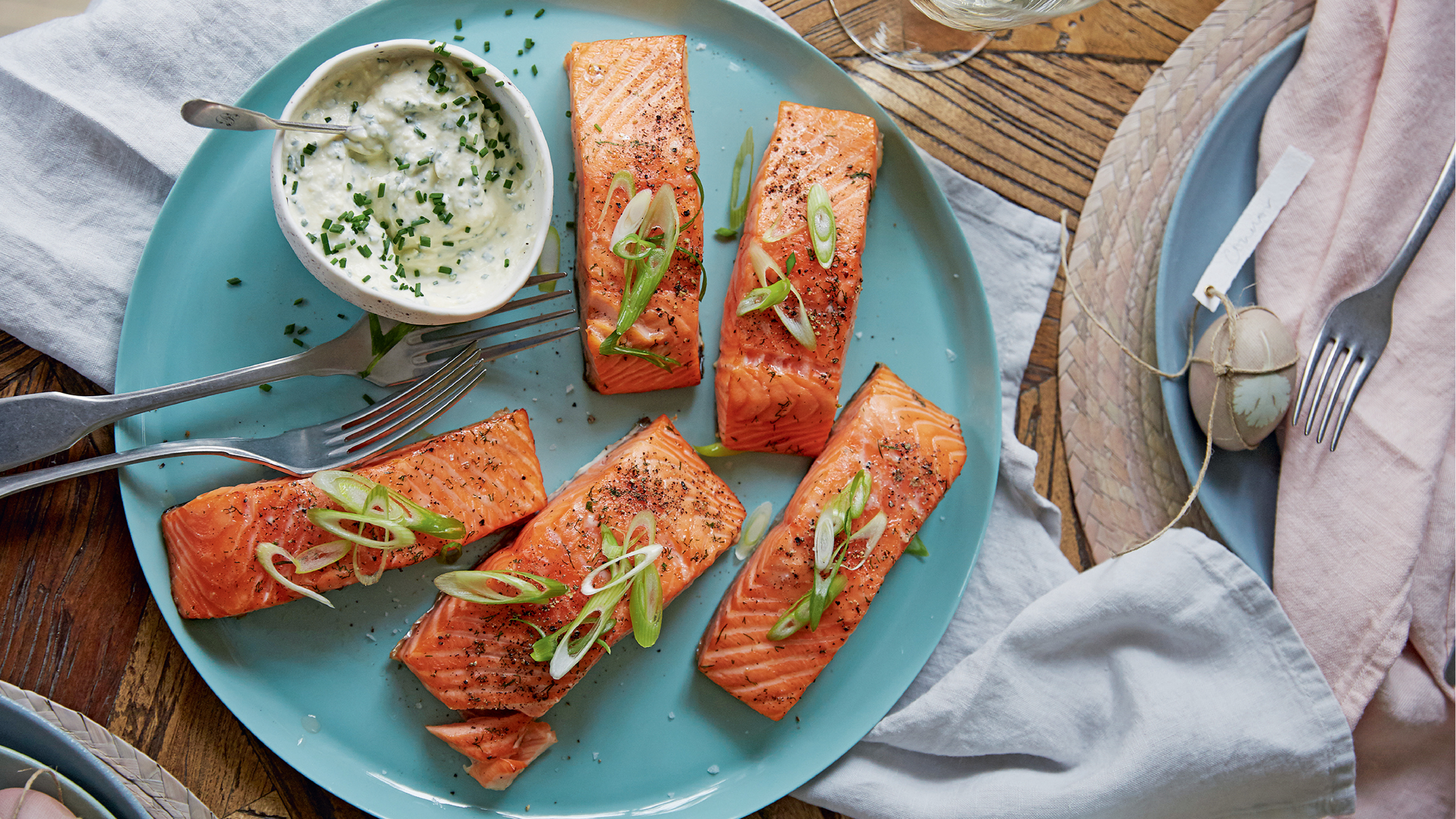 Tea-smoked salmon with horseradish dressing
Tea-smoked salmon with horseradish dressingWe love this salmon recipe, an impressive centerpiece to any Easter or spring menu. Served with horseradish dressing, it's got a kick, too
By Alice Hart
-
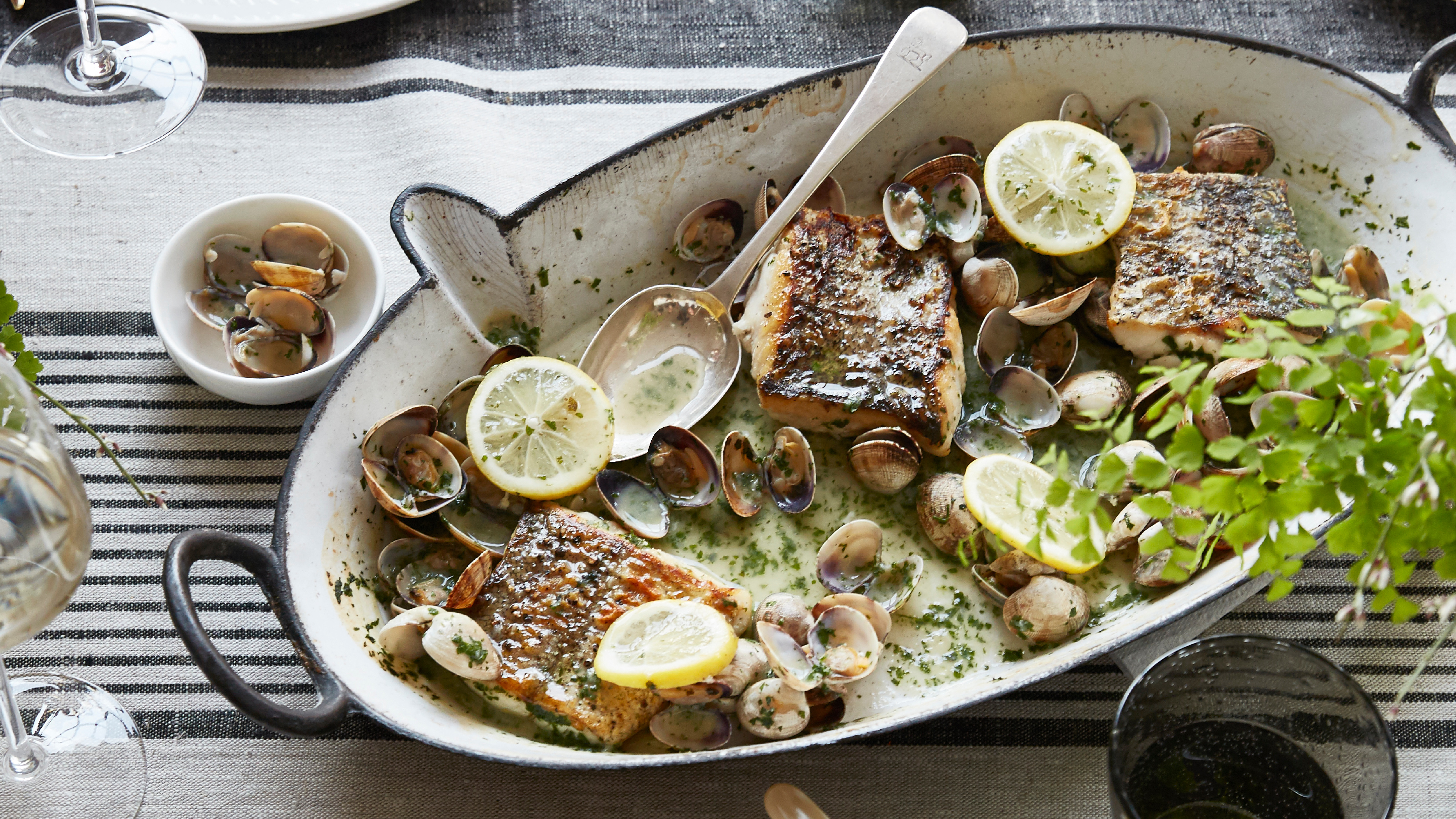 Hake and clams in parsley and wine sauce
Hake and clams in parsley and wine sauceThis one-pan hake and clams recipe is light, flavourful and made for spring — perfect for impressing Easter guests without the stress
By Alice Hart
